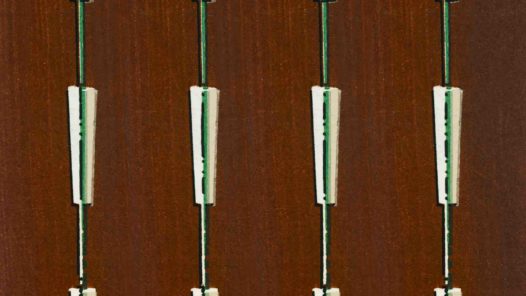She sells seashells by the seashore. Who is the she in this tongue twister? Some claim it’s the young Mary Anning, who went on to become a famous 19th-century British paleontologist. Dubious perhaps, but the story of her rise from seaside...
If you speak both German and Spanish, you may find yourself reaching for a German word instead of a Spanish one, and vice versa. This puzzling experience is so common among polyglots that linguists have a name for it. • The best writers create...
Sending someone a care package shows you care, of course. But the first care packages were boxes of food and personal items for survivors of World War II. They were from the Committee for American Remittances to Europe, the acronym for which is CARE...
A stereotype is a preconceived notion about a person or group. Originally, though, the word stereotype referred to a printing device used to produce lots of identical copies. • The link between tiny mythical creatures called trolls and modern-day...
Miranda, a nurse in Altoona, Pennsylvania, had a patient who described her hospital food as the pits, meaning it wasn’t good. The expressions the pits and in the pits arose out of 1950s college slang, and derive from the notion of smelly...
In just seconds, online text generators and chatbots can produce whole paragraphs of sophisticated prose. But what do advances in artificial intelligence mean for writers? What is lost and what’s gained when machine-writing replaces the work...







